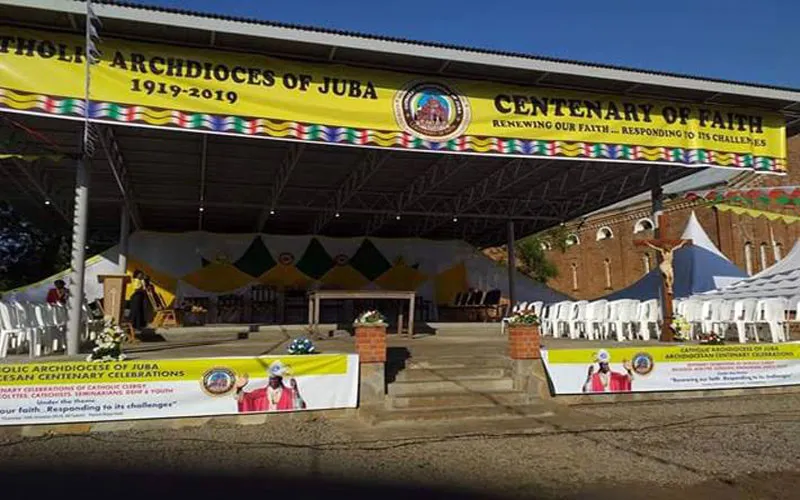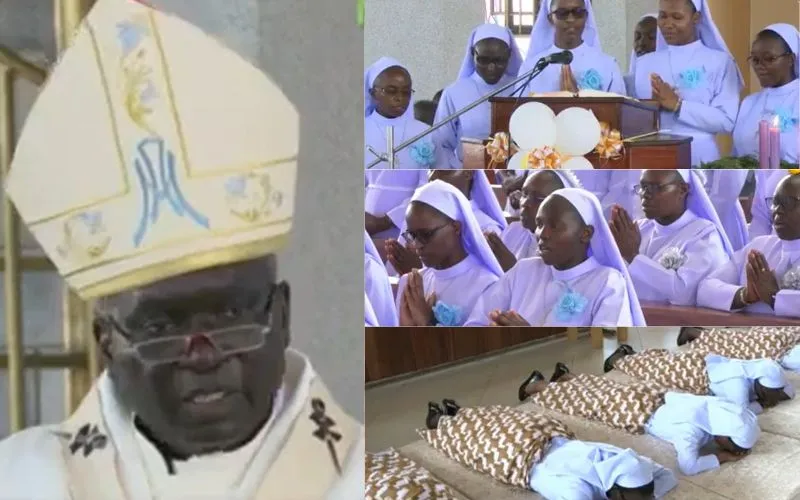Juba, 30 December, 2019 / 9:46 am (ACI Africa).
The leadership of the Bari community in South Sudan has, in a letter, responded to critics who have termed members of the indigenous of Juba tribalists following letters signed by individuals belonging to the tribe, including some clergy of the Archdiocese of Juba, opposing the appointment of a non-Bari to head the Metropolitan see.
“Those indigenous clergy and faithful Bari who have rejected the appointment of the new Archbishop for Juba (Archdiocese) (do) not reflect the position of the entire Bari Community (BC) or their Association i.e. the Bari Community Association (BCA),” reads in part a statement signed by the Chairman of the Juba-based association, Hon. Cornelio Bepo Lado Kenyi.
The BCA’s statement clarifies that those who have expressed the rejection of the Papal transfer “have not been mandated by neither the community nor the association.”
There have been two letters protesting the decision by the Holy Father to transfer 55-year-old Bishop Stephen Ameyu from Torit diocese to Juba as the Archbishop of South Sudan’s only metropolitan see, one dated December 10 and another on the day the appointment was announced, December 12.
All those opposed to the Papal transfer who have put their grievances in writing belong to the Bari tribe and some signed the letters “as community elders,” the leadership of BCA acknowledged in its December 23 statement obtained by ACI Africa.








